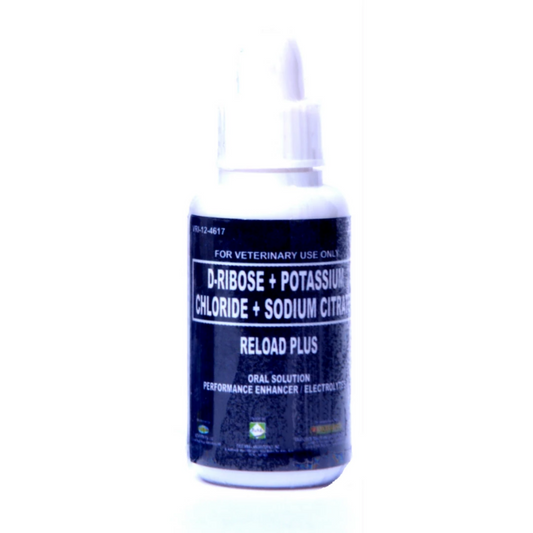Debora Zanoria
Sabong Depot Poultry Supplies
News Bureau
The poultry industry in the Philippines faces a bleak future as stakeholders call upon the government to develop long-term solutions to tackle the current shortage of chicken supply, amidst escalating commodity prices. The industry is grappling with the aftermath of high inflation, with rates soaring to a 14-year high of 8.7% in January. According to industry representatives, the high inflation has driven up the costs of production, primarily due to the exorbitant feed prices, which are at an all-time high.
Gregorio San Diego, Chairman of the United Broiler Raisers Association (UBRA), emphasized that the cost of feed has skyrocketed, leading to a corresponding increase in the cost of production. Last year, inflation stood at 5.8%, primarily due to the impact of the Ukraine-Russia war, which had affected the prices of oil and other commodities. In the wake of the current crisis, the American Chamber of Commerce agribusiness committee chairman, Christopher Ilagan, highlighted the need for greater vigilance in monitoring the pressures that are driving up prices, such as input costs, animal diseases, and general supply levels.
The poultry stakeholders acknowledge that the reduction of corn tariffs has provided some respite, helping to stabilize the industry and keeping prices in check. However, to make the tariff reduction effective, the government needs to reconsider the minimum access volume (MAV) of 217,000 metric tons, which has proven inadequate in times of crisis. Corn constitutes up to 60% of feed costs, while feed costs make up roughly 70% of poultry meat production.
Ilagan underscored the need to increase the MAV quota for corn and ensure that there is a more equitable distribution of MAV allocations. He believes that this measure could help bring down the prices of corn, which have witnessed an alarming 26% increase. Vitarich Corporation, a poultry and feed manufacturing firm, has also voiced concerns about the insufficient supply of corn. Karen Jimeno, a spokesperson for Vitarich, highlights the importance of stable corn prices to avoid spikes in input costs, which could adversely affect the entire industry.
To secure the industry's future, the stakeholders advocate for long-term solutions that support the local value chain, instead of reactive measures such as increasing imports. They emphasize the need for the government to improve infrastructure and rationalize taxes imposed by national and local governments. Jimeno notes that the poultry producers pay varying local taxes when passing through different cities or municipalities, making it challenging to do business.
Moreover, the stakeholders call for a solution to the encroachment of residential and commercial areas on agro-industrial zoned areas, which limits the sector's expansion. Structural reforms are also required across the value chain, with support for the pending bills in Congress that seek to transform the livestock and corn sectors.
Jimeno emphasizes the importance of steering away from reliance on imports of chickens, as it harms the local value chain and proves ineffective in the long run. She also points out the lack of data from the government, which hampers local producers' ability to plan their production. San Diego adds that the government must create a complete and accurate data system for agriculture to guide Filipino farmers in production. In conclusion, Jimeno highlights the need for data-driven decision-making and constant communication and collaboration with all stakeholders to thrive even in uncertain conditions.
Gamefowl Supplements
-
Tableta V-22 (100 tabletas)
Precio habitual A partir de $19.00 USDPrecio habitualPrecio unitario / por$0.00 USDPrecio de oferta A partir de $19.00 USD -
Reload Plus Antiestrés 15ml
Precio habitual A partir de $18.50 USDPrecio habitualPrecio unitario / por$0.00 USDPrecio de oferta A partir de $18.50 USD -
Tableta VitMinPro (100 tabletas cada caja)
Precio habitual $36.00 USDPrecio habitualPrecio unitario / por$0.00 USDPrecio de oferta $36.00 USD




